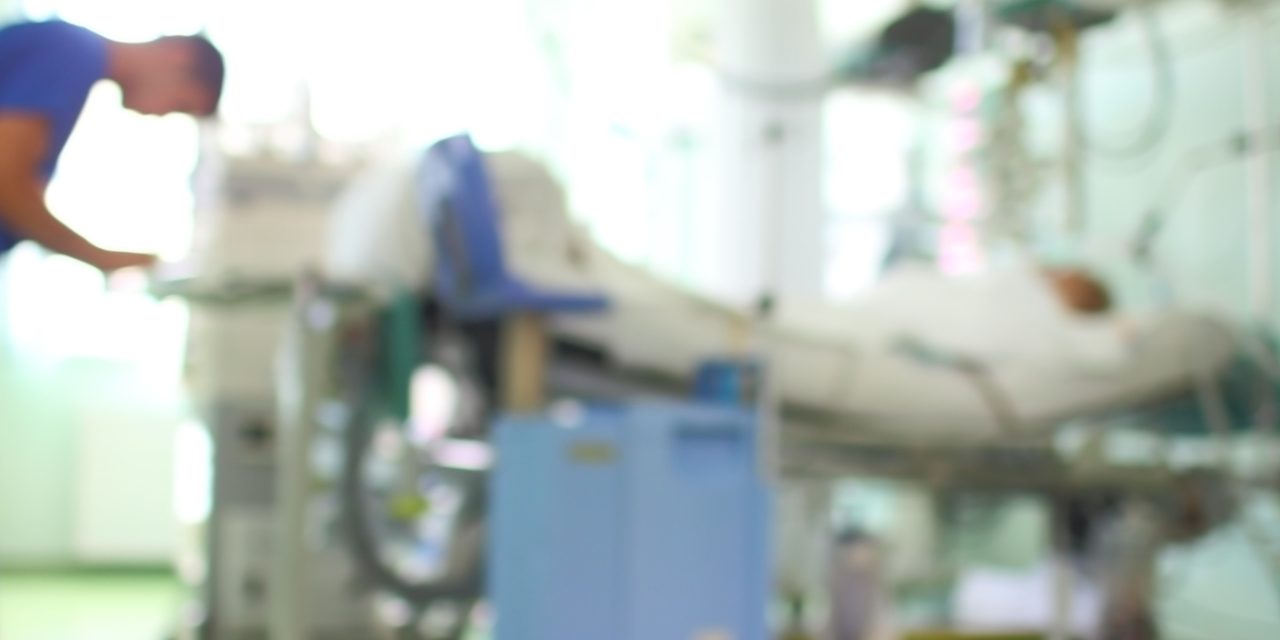Procalcitonin (PCT) has been increasingly used as a biomarker of bacterial infection and as a tool to guide antimicrobial therapy. Despite its increased use, data in patients with solid organ transplants are limited. The study aimed to assess the frequency of rising PCT associated with infectious complications in immunosuppressed living donated liver transplantation.
A single-center, retrospective observational study. Preoperative patients’ demographic data, operative, anesthetic data, and postoperative clinical course were analyzed post-liver transplant (LT) till discharge from the intensive care unit.
Sixty patients were classified according to the culture results’ into a positive culture group & a negative one and then followed up the sepsis variables in each group. Total leukocyte count (TLC) was elevated in the positive culture group in comparison to the negative culture one and was statistically significant (P-value <0.05) till the fourth day postoperative. Procalcitonin was higher in the positive culture group than in the negative one on days 1, 3, and 5 postoperative and was statistically significant (P-value 90% specificity to infection post LT were PCT of ≥9 ng/ml and TLC of ≥17.3/mm3 on day one.
Following up PCT level on day one with TLC is essential and will help to detect sepsis and guide early antimicrobial initiation post-liver transplantation. Combined measurements of PCT and TLC with cutoff values of <9 ng/ml and < 17.3/mm respectively will help to exclude infections in 83.7% of patients, thus avoiding unnecessary usage of higher generations empiric antimicrobials.
Copyright © 2021. Published by Elsevier B.V.
Evaluation of procalcitonin (PCT) as a marker of infection in early post living donated liver transplant period.


